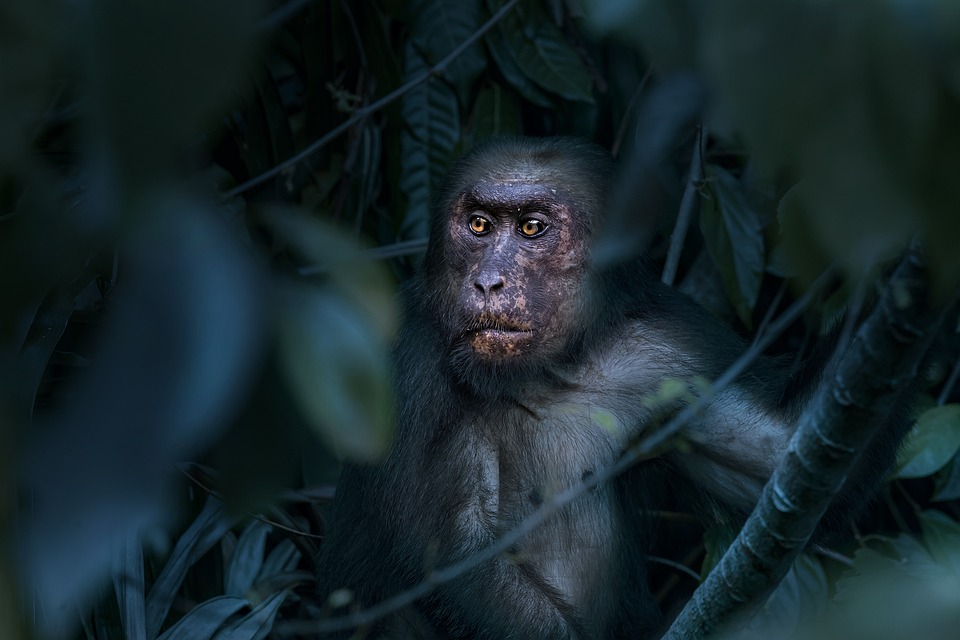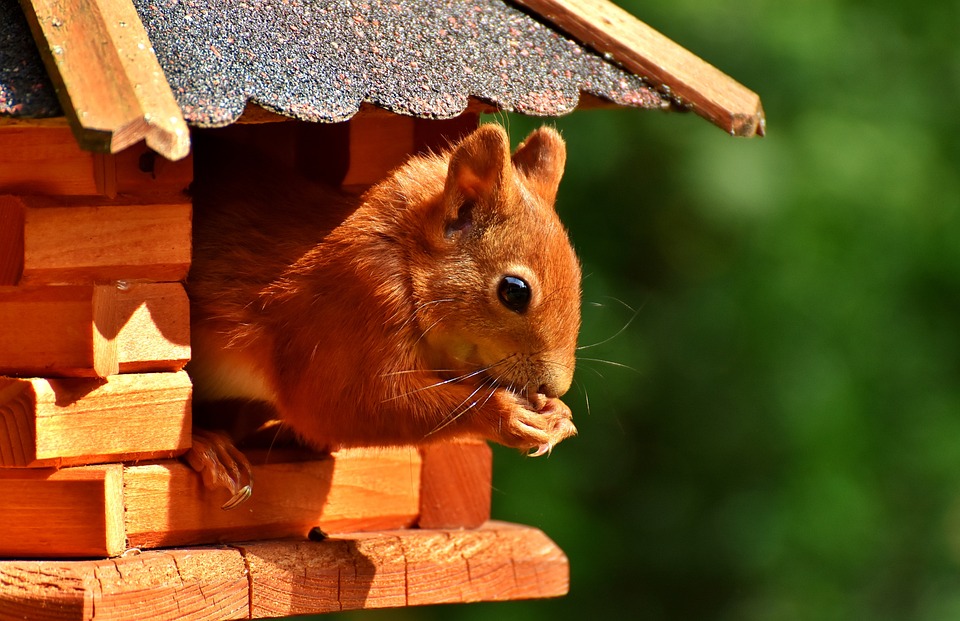Sleep is a fundamental physiological process that plays a crucial role in maintaining health and well-being in all living organisms. While much research has been conducted on sleep in humans, studying sleep patterns in wild animals presents unique challenges and opportunities. A recent study using high-resolution biologgers has shed light on how environmental conditions significantly influence sleep patterns in wild boars, providing valuable insights into the impact of climate change on wildlife health.
The study focused on wild boars (Sus scrofa), a species known for its adaptability to various environmental conditions. Researchers monitored the sleep patterns of wild boars over an annual cycle, allowing for a comprehensive analysis of sleep behavior in natural settings. By utilizing advanced technology to measure multiple dimensions of sleep, the research team was able to uncover the intricate relationship between environmental factors and sleep regulation in wild animals.
One of the key findings of the study was the significant impact of temperature on sleep patterns in wild boars. Warmer days were found to reduce sleep quantity, efficiency, and quality, highlighting the importance of thermoregulation in sleep regulation. This suggests that as global temperatures continue to rise due to climate change, wildlife populations may face challenges in maintaining healthy sleep patterns, which could have long-term implications for their overall health and survival.
Interestingly, the study also revealed that higher humidity and snow cover had a positive effect on sleep quality in wild boars. Sleep was less fragmented during longer and more humid days, while greater snow cover and rainfall were associated with enhanced sleep quality. These findings emphasize the importance of considering a range of environmental factors, beyond just temperature, when studying sleep patterns in wild animals.
Another notable discovery from the study was the significant variability in sleep patterns among individual wild boars. Some animals were identified as short-sleepers, sleeping up to 46% less than others, and not compensating for reduced sleep through increased plasticity or quality. This individual variation highlights the complexity of sleep regulation in wild animals and suggests that different individuals may have varying abilities to adapt to changing environmental conditions.
Overall, the study represents a significant step forward in understanding the ecological and physiological aspects of sleep in wild animals. By highlighting the impact of environmental conditions on sleep patterns in wild boars, the research underscores the importance of considering climate change in wildlife conservation strategies. As global temperatures continue to rise, it is essential to recognize the potential effects of climate change on wildlife sleep and health, and to develop conservation efforts that take these factors into account.





